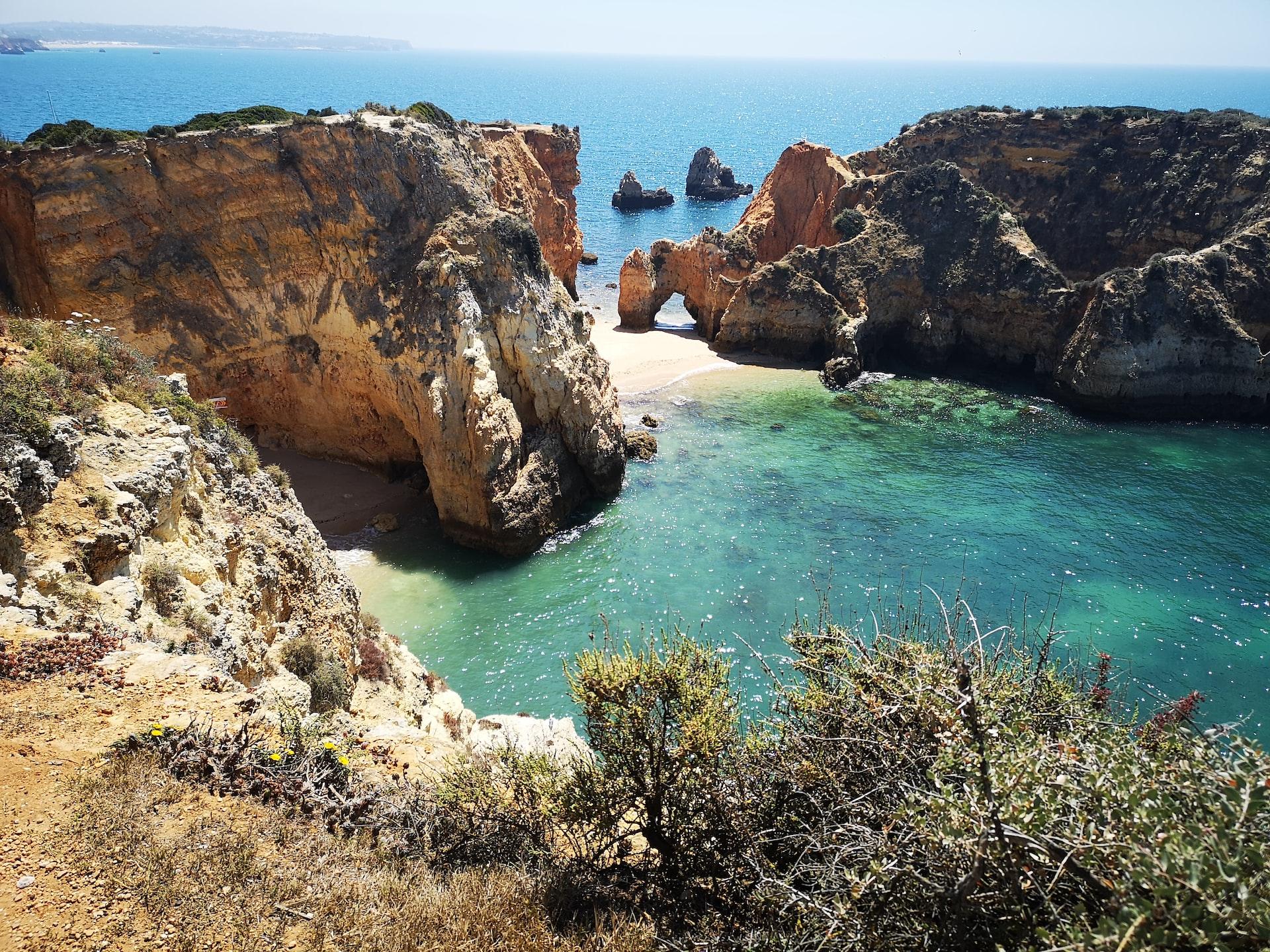Introduction
In an era of globalization, the movement of people across borders has become more common than ever before. However, it's crucial to understand that there are substantial differences between people visiting a country and those who choose to call it home. This article delves into these disparities, shedding light on various aspects of life, culture, and experiences for these two distinct groups.
The Purpose of Visiting (H1)
Tourism and Exploration
When people visit a country, their primary goal is often to explore and experience new cultures, cuisines, and landmarks. Tourists seek adventure, relaxation, and memorable experiences during their stay.
Temporary Stay
Visitors typically plan for a limited stay, ranging from a few days to a few months. Their intention is to enjoy a brief escape from their routine lives and return home afterward.
The Purpose of Living (H2)
Residency and Settlement
In contrast, individuals who choose to live in a country do so with the intention of making it their new home. They seek permanent residency or citizenship, aiming to become integral parts of the country's social fabric.
Career and Education
Many people move to a new country for career opportunities or to pursue higher education. This often involves a long-term commitment, including work visas or student permits.
Cultural Engagement
Surface-Level Experience (H1)
Visitors typically engage with a country's culture on a superficial level. They sample local cuisine, visit tourist attractions, and participate in cultural events as observers.
Immersion and Integration (H2)
Residents, on the other hand, immerse themselves deeply in the local culture. They learn the language, build relationships with locals, and participate in community activities.
Legal and Administrative Aspects
Visa and Documentation (H1)
Visitors must obtain the necessary visas and permits, depending on their reasons for travel and the country's regulations. These documents are typically temporary in nature.
Legal Residence (H2)
Those living in a country legally must navigate a more complex web of administrative requirements, such as residency permits, work permits, and, in some cases, the path to citizenship.
Economic Impact
Tourist Spending (H1)
Visitors contribute to a country's economy through tourism-related spending. This includes accommodation, dining, transportation, and souvenirs.
Long-Term Contributions (H2)
Residents, especially those with careers, make continuous economic contributions through taxes, investments, and employment.
Language and Communication
Language Barriers (H1)
Visitors often face language barriers and rely on translation apps or locals who speak their language.
Language Proficiency (H2)
Residents invest time and effort in becoming proficient in the local language, which aids in integration and communication.
Healthcare Access
Travel Insurance (H1)
Visitors often rely on travel insurance for healthcare coverage during their stay. This insurance is tailored for short-term needs and emergencies.
Local Healthcare System (H2)
Residents have access to the country's healthcare system, which typically includes public and private hospitals, clinics, and healthcare programs. They may have health insurance provided by their employers or through the government.
Social Integration
Limited Networking (H1)
Visitors tend to build temporary connections and networks, primarily with other tourists or temporary residents.
Building a Social Circle (H2)
Residents work on establishing a more permanent social circle, which can include friendships, professional connections, and community involvement.
Housing
Temporary Accommodation (H1)
Visitors typically stay in hotels, hostels, or vacation rentals, which are suitable for short-term stays.
Permanent Residency (H2)
Residents seek more stable housing arrangements, such as renting apartments or owning homes, often entering into long-term leases or mortgages.
Education
Short-Term Learning (H1)
Visitors may engage in short courses or workshops to learn about local culture or skills during their stay.
Formal Education (H2)
Residents, especially families, often enroll in local schools or universities for long-term education.
Leisure Activities
Tourist Attractions (H1)
Visitors focus on visiting famous tourist spots, entertainment venues, and recreational activities geared towards short-term enjoyment.
Local Hobbies and Interests (H2)
Residents have the opportunity to delve deeper into local hobbies, sports, and cultural activities, forming lasting interests.
Adaptation to Change
Flexibility (H1)
Visitors must be adaptable to changes in their travel plans and surroundings, often embracing the unexpected.
Long-Term Adjustment (H2)
Residents experience a more gradual adaptation process as they settle into their new environment and routines.
Conclusion
In conclusion, the distinction between people visiting a country and those living in it extends to various aspects of life, including healthcare, social integration, housing, education, leisure activities, and adaptability. Visitors seek short-term experiences and connections, while residents make long-term commitments and contributions to their chosen country.
Whether you are planning a short-term visit or considering a move to a new country, it's essential to understand these differences to make the most of your experience. Keep in mind that both visiting and living in a foreign country offers unique opportunities for personal growth and cultural enrichment. Connecting with like-minded people is one of the best ways to enrich your experience abroad. Sign up to JustConnect to start meeting new people right away.
Are you planning to visit or live in a new country? Here are some frequently asked questions to help you navigate your journey:
FAQs
1. What should I consider before visiting a foreign country? - Research the visa requirements and cultural norms of the destination.
2. How can I become a legal resident in a new country? - Explore the various residency and immigration programs available. Check out our remote work post to find out more about working in a different country.
3. Is it essential to learn the local language when living in a foreign country? - While not mandatory, it greatly enhances your experience and integration.
4. What are the economic benefits of living in a new country? - Residents often enjoy career growth and financial stability in their new home.
5. How can I make the most of my short-term visit to a new country? - Plan your itinerary carefully to ensure you experience the highlights of the culture and attractions.
Learn more about living abroad in our dedicated blog posts.


